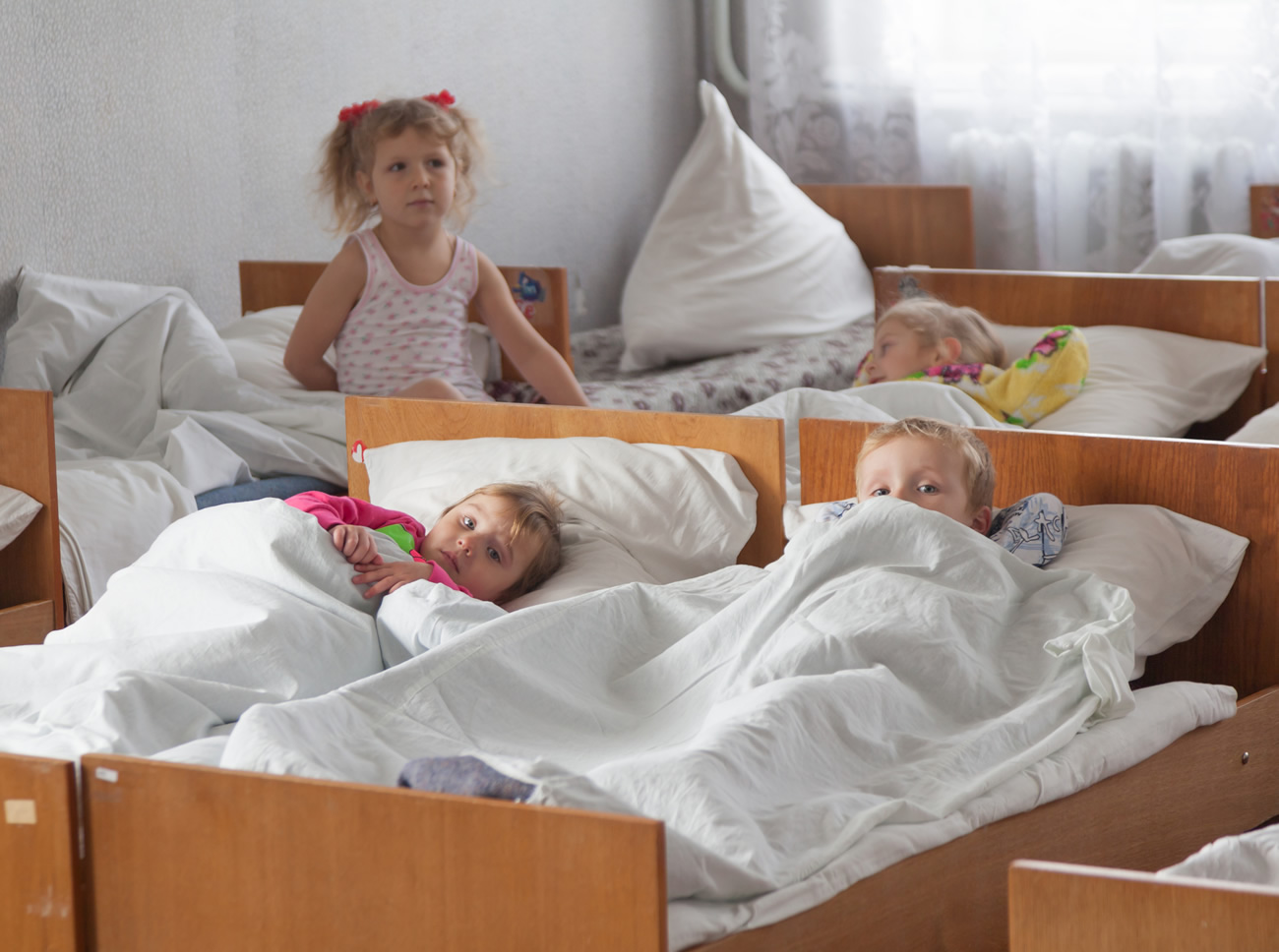
- 0203 903 7866
The Portland Hospital for Women and Children,
205-209 Great Portland Street, London W1W 5AH - Request Appointment
 GP Referral
GP Referral

Poor sleep can affect children in a range of different ways. Some children may wake up several times during the night or struggle to get back to sleep again when they do wake up. Others may be very light sleepers, who are disturbed by even the smallest noises or the movements of other people in the house. Insomnia, or difficulty getting to sleep at the beginning of the night, can also affect the quality of sleep. In some cases, sleep problems in children can be linked to nightmares. A child who suffers from recurring nightmares can find it very difficult to enjoy their sleep, particularly if they are waking up in the middle of their dream phase before they are really ready. The quality of children's sleep can also be affected by other issues, such as breathing difficulties which could be linked to conditions like sleep apnoea or asthma, or problems with bladder control and bed-wetting.
Poor sleep can lead to all kinds of emotional and behavioural problems in children. We all feel tired and irritable when we haven't slept well, no matter how young or old we are. However, the effects of poor sleep on children can also include lack of focus, problems with schoolwork, or even symptoms that could be confused with ADHD, such as hyperactivity. The rest of the family can be affected too when a child has a sleep problem, which can leave everyone feeling stressed and exhausted.

Poor sleep can happen for a wide range of different reasons. Like insomnia and other sleep disorders, it can be caused by stress, anxiety, or problems with the sleeping environment such as too much light. In children, poor sleep can sometimes be linked to issues with bladder control, such as bed-wetting. Conditions such as snoring and sleep apnoea can also affect the quality of sleep because they can wake your child up several times during the night. Repeated waking can prevent children from passing through the normal sleep cycle, which makes it impossible for them to enjoy the usual benefits of sleep.
If your child isn't sleeping well and it is having an impact on their daily life, it is worth taking the time to seek a medical opinion. It is particularly important to seek help if you think that your child's sleep problems could be linked to a condition like sleep apnoea or asthma, as there could be other, more serious symptoms that need to be addressed. However, even if it turns out that there is no medical cause for your child's poor sleep, talking to a doctor could help you to find a way to help him or her to sleep better.
Talking to a doctor about your child's poor sleep can often reveal the cause of the problem, whether it is an environmental issue or a medical condition that is affecting the quality of sleep. The doctor will want to discuss your child's sleep patterns and any other symptoms you have noticed. You may also discuss the bedtime routine you follow at home and what your child's bedroom is like at night. The doctor may want to perform a physical exam or run some tests to find out if there is a medical issue that is affecting sleep. Sometimes your child will need to spend the night at a specialist sleep clinic in order to have a sleep study done. The study will monitor his or her sleeping, breathing and other important factors in order to find out what it wrong.
If there are any underlying problems that are affecting your child's sleep, the doctor may be able to recommend some treatment to help. Depending on the nature of the problem, treatment could involve medication, changes to the sleeping environment, or even surgery to tackle breathing issues.
If there is no medical reason for your child's poor sleep, the doctor will still be able to advise you on ways you can help him or her to get a better night's sleep. Creating a restful sleeping environment can be very important, so you may need to eliminate any excess light, check that the room is at a comfortable temperature, or get rid of any distractions. Having a relaxing, consistent bedtime routine can help too, even for teenagers. It is also important to consider whether there are any emotional issues that need to be addressed in order to help your child sleep better. Poor sleep can be a symptom of many different things, including stress and anxiety. Identifying and addressing the cause of the problem is the best way to improve your child's sleep.